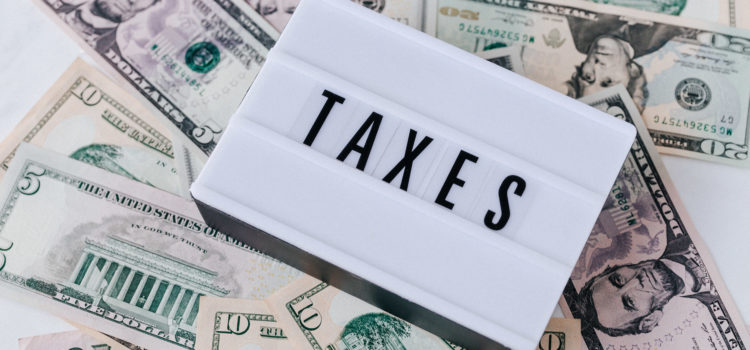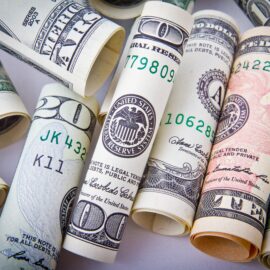

This article is an excerpt from the Shortform book guide to "The Millionaire Next Door" by Thomas J. Stanley and William D. Danko. Shortform has the world's best summaries and analyses of books you should be reading.
Like this article? Sign up for a free trial here .
How can mastering investments and taxes help you build wealth? How do investments affect taxes?
Mastering investments and taxes helps you minimize your taxable income and grow your wealth. Investments minimize taxes because you don’t have to pay taxes on your capital gains until you actually sell your assets.
Read more to discover the importance of mastering investments and taxes.
Why Mastering Investments and Taxes Can Help You Accumulate Wealth
One important way the wealthy benefit from spending less and investing more is that this lowers their taxable income. Indeed, a rule that millionaires live by is that to build wealth, you need to minimize your taxable (realized) income and maximize your nontaxable income (assets that grow without generating taxable income).
The typical millionaire in the survey had an annual realized income of less than 7% of his wealth, meaning that less than 7% of his wealth was taxable.
Paying income tax is the biggest expenditure for many households. High-income spenders pay the most in taxes because they focus on increasing their earned (taxable) income to support a consumption-oriented lifestyle. They can’t accumulate wealth because their taxable income is too high. In contrast, the typical millionaire may be cash poor due to investing 20% of her annual income in financial assets that appreciate without generating taxable income.
For example, at the time this book was written, a 51-year-old woman with an annual income of $220,000 paid $69,440 in federal income tax—18.8% of her total wealth of $370,000. Her net worth should have been much higher—$1,122,000—but she couldn’t accumulate wealth because most of her financial assets were equivalent to cash and taxable.
Yet there are prodigious accumulators worth $2-3 million, who have annual realized incomes of $80,000; they’re living on 6.7% of their wealth.
Remember that every dollar you spend is taxed. For example, you need $100,000 to buy a $68,000 boat, which is why few millionaires buy boats—they prefer to invest their money rather than allowing it to be taxed. They forgo spending to build wealth and ultimately achieve financial independence.
Along with minimizing taxable income, many millionaires avoid buying expensive homes. A sensible rule for everyone is don’t assume a mortgage that’s more than twice your annual realized income. Living in a less expensive home enables you to spend less of your income and invest more to build wealth and minimize taxes.

———End of Preview———
Like what you just read? Read the rest of the world's best book summary and analysis of Thomas J. Stanley and William D. Danko's "The Millionaire Next Door" at Shortform .
Here's what you'll find in our full The Millionaire Next Door summary :
- How and where most millionaires live
- Surprising characteristics and habits shared by many millionaires
- How you can become a millionaire over time if you have the determination






